Tag
#RWTH Aachen
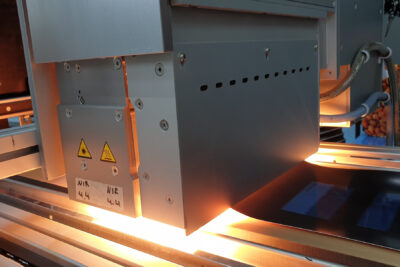
‘HyDry:’ RWTH Aachen University researches new drying processes
27.11.2024
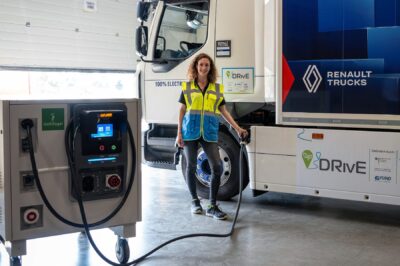
PEM makes progress in route planning software for electric trucks
31.08.2024
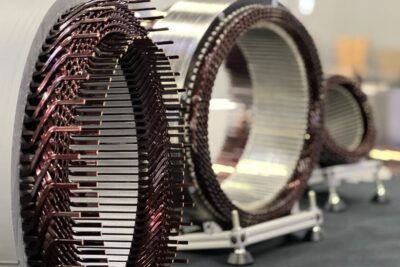
HaPiPro2: Research project on efficient drive production comes to an end
16.07.2024
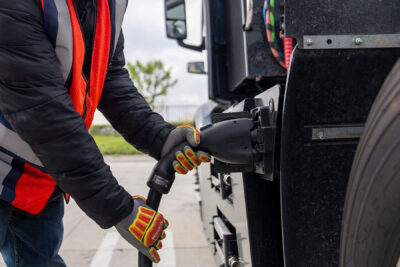
PEM tests route planning for electric trucks in Germany
03.07.2024
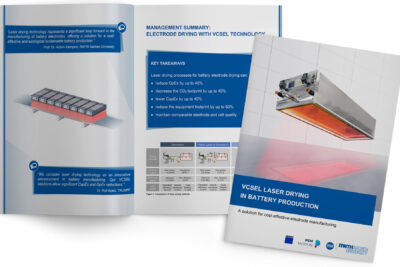
Aachen researchers shorten electrode drying process with laser
19.06.2024
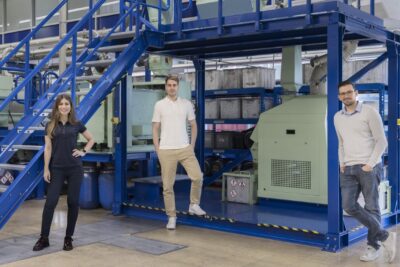
Budding battery recycler Cylib raises 55 million euros
15.05.2024
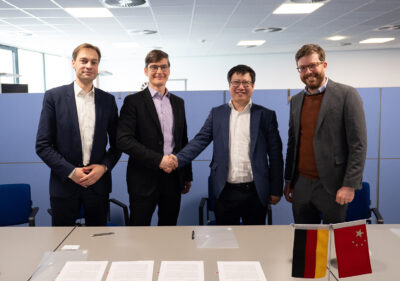
RWTH Chair of PEM cooperates with Chinese plant manufacturer HYNN
14.05.2024
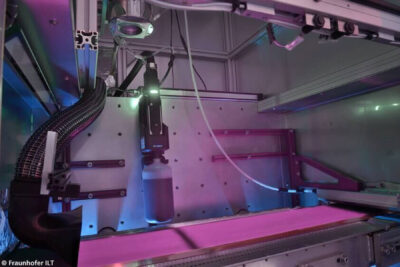
RWTH Aachen University wants to dry battery electrodes more quickly with a laser
10.04.2024
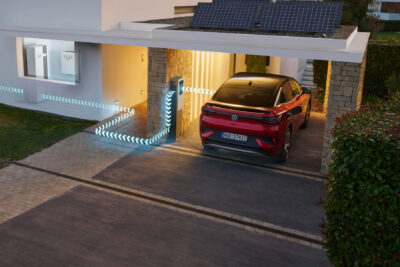
When and how will vehicle-to-grid become a reality? 6 questions for Jan Figgener
24.03.2024
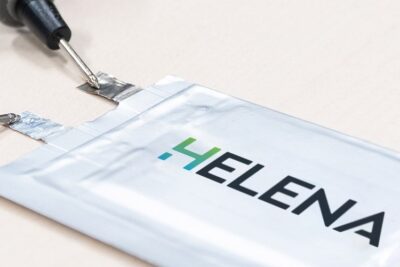
HELENA project produces solid-state battery cell with halide electrolyte
22.03.2024

German battery research production to focus on solid-state technology
21.02.2024

PEM to support new battery coating process
27.01.2024
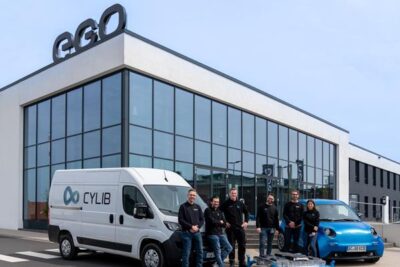
German start-ups launch battery recycling cooperation
16.12.2023
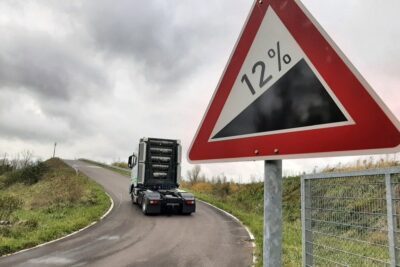
Electric truck with H2 range extender completes tests
07.12.2023
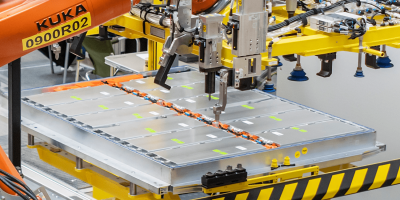
MiKoBatt: PEM, PowerCo and Jagenberg research cell production
25.09.2023
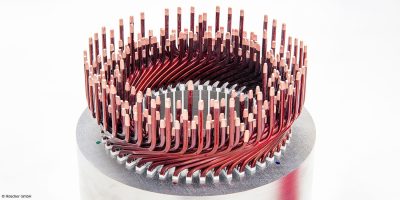
RWTH Aachen announces new component project with Röscher
19.09.2023

EU funds halide solid-state battery research (HELENA)
12.09.2023

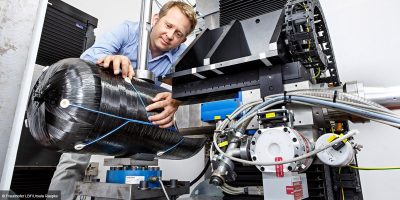
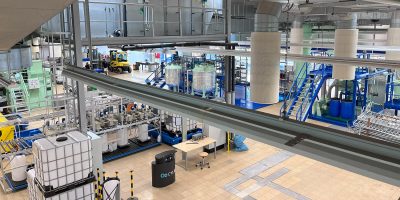
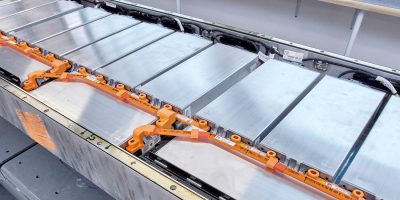
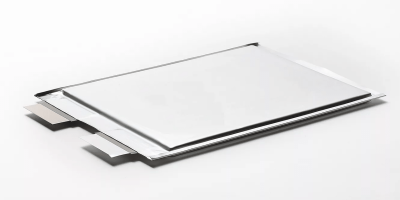
Last commented